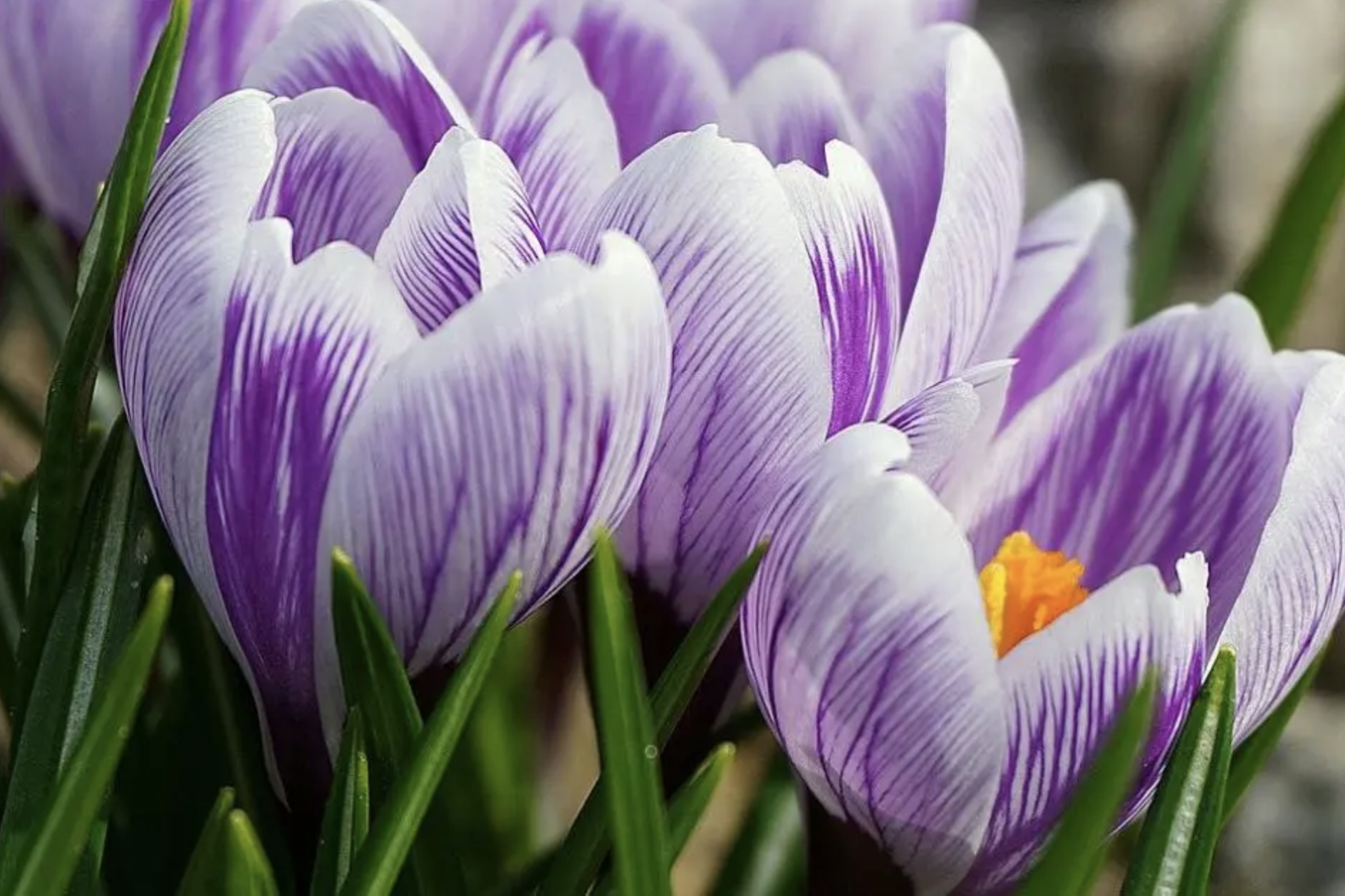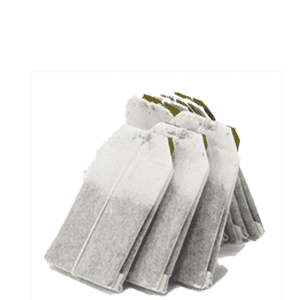A Comparison of the Traditional and Modern Uses of Saffron

Used in various cultures for its anti-inflammatory and healing properties, saffron is one of the most popular spices worldwide. Coming from the Crocus Sativus, the uses of Saffron are dated back to thousands of years ago. Cultivated in regions surrounding the Middle East and Mediterranean, saffron’s health benefits are now widely known to the world.
Here are some traditional and modern uses of Saffron extract used worldwide.
Traditional Uses
In Europe, Greek physicians and botanists such as Hippocrates and Diokles believe saffron had soothing and healing properties. They used it to treat eye disorders such as infections, corneal disease, and cataracts. It was also used to treat earaches, toothaches, and ulcers.
In the Middle East and India, a Persian physician and philosopher Avicenna (930-1037AD) reported the use of saffron as an antidepressant, anti-inflammatory, a sedative and an aphrodisiac. It was also used to induce labor, cure headaches, insomnia, and eye problems. Along with its medicinal uses, saffron was also valued as a spiritual item and used in incense, scented oils made for Kings, and fabric dye. Queen Cleopatra is reported to have bathed in milk mixed with saffron.
In China, the first use of saffron dates to as far back as the 3rd century BC. Saffron was used in ways similar to those described above, including an immune stimulant, diuretic, and ailments for respiratory illnesses such as asthma and pertussis.

Modern Uses
In modern times, a plethora of research and evidence surrounds the uses of saffron as an anti-inflammatory. Saffron is sold in an encapsulated form in Japan and used to treat digestive disorders. The carminative properties in saffron help in ridding the stomach of accumulated gas and improve the digestive tract. Believed to contain antispasmodic and algesic properties, saffron helps relax the stomach muscles, providing pain relief related to bloating.
Saffron extract has been demonstrated to possess anti-depressant qualities in clinical trials. Known as the sunshine spice, studies indicate that saffron extract increases dopamine levels in the brain without affecting other chemicals such as serotonin. This helps combat depression, and studies also reveal that saffron has a similar effect to antidepressant drugs such as Prozac. Believed to be a mood-booster, saffron is popularly consumed in tea form in Iran and is a useful alternative for those who want to treat depression naturally.
In the market for some delicious saffron tea? Head over to PGI. From premium negin saffron in its raw form to fruity saffron tea, they offer all-natural brews with anti-inflammatory properties all over Australia. Each tea contains pure Persian saffron to enhance its natural flavor and aroma.
Contact us at +61-284-590-002 or email us at info@pgi.net.au for more information.

 Herbal Tea Bags
Herbal Tea Bags Premium Dried Fruit
Premium Dried Fruit